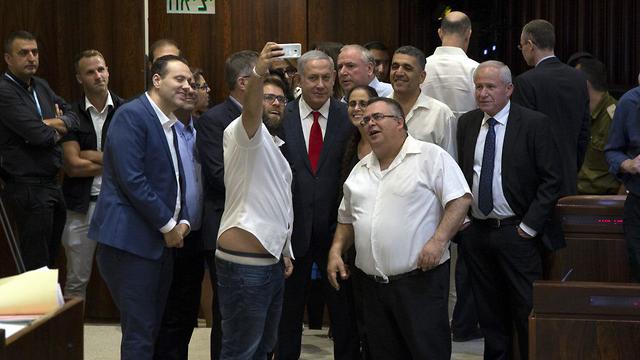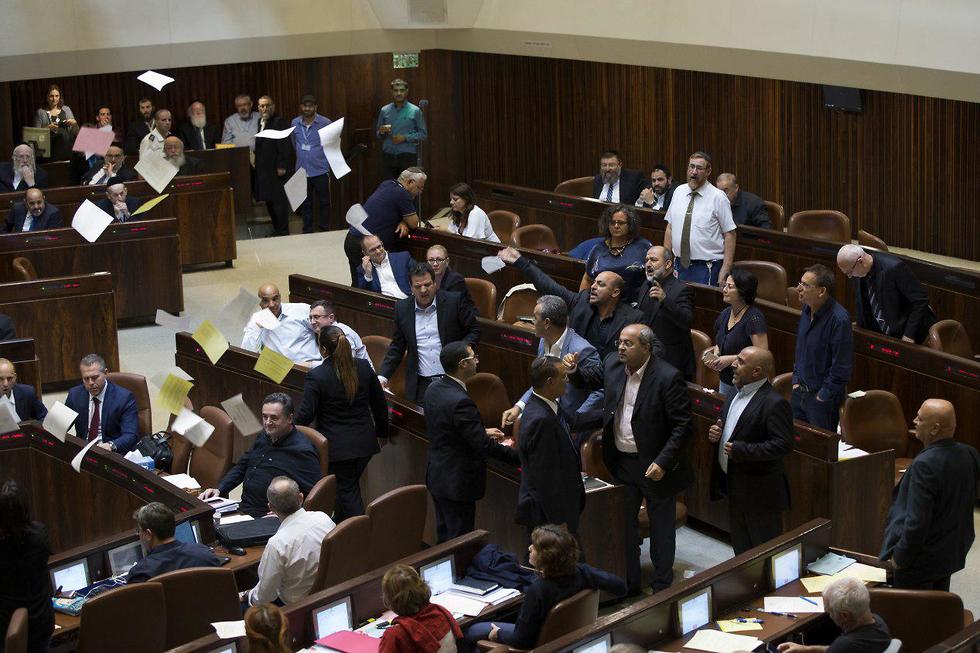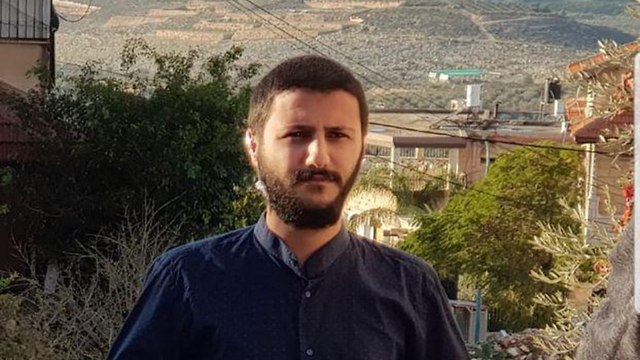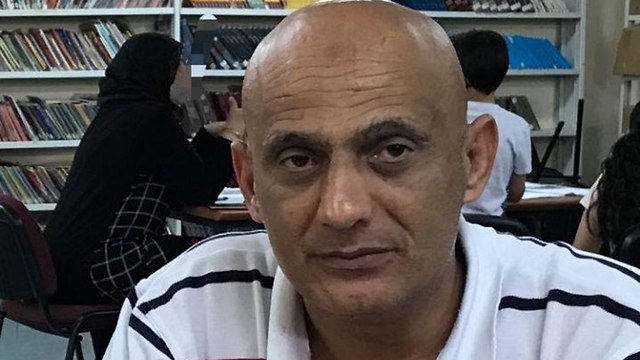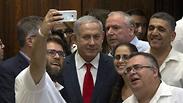

Arab sector threatens protests over Nationality Law
Residents in the sector are angered by the adoption of the controversial law and call on Arab MKs in the Knesset to resign; Bedouin, Druze and Palestinian residents claim the law legitimizes discrimination; 'This is the last nail in the coffin of democracy.'
"We do not need Arab representatives in a racist Knesset that sees us as second-class citizens," vented some Arab residents.
One of the main controversial points of the law was article 7 which defined the development of the Jewish settlement as a national value, and enabled to exclude populations from new communities. However, after a warning from the Knesset legal advisor, the article was altered.
The bill also strips Arabic of its designation as an official language alongside Hebrew, downgrading it to a "special status" that enables its continued use within Israeli institutions.
Israel's Arabs number some 1.8 million, about 20 percent of the 9 million population.
Early drafts of the legislation went further in what critics at home and abroad saw as discrimination towards Israel's Arabs.
Riad Tafesh from Beit Jann in northern Israel, who lost his brother Adel in the Mount Carmel Forest Fire, does not understand the purpose of the law.
“This is a law that is intended to discriminate against large populations of Israeli society. We are living here together. I am loyal to my home and country and I don’t agree to be a second class citizen. Eventually there will be demonstrations outside the Supreme Court until the law is changed or repealed altogether," Tafesh asserted.
“Instead of developing closer ties and giving the minorities their basic rights, 61 MKs voted in favor of the Nationality Law. My family contributed to the state and its establishment. It feels like we were stabbed in the back. If this law will violate my rights as a citizen, discriminate against me or make someone feel like he can treat me not as an equal, there would be no choice but to fight against it using all legal means,” he explained.
A Bedouin IDF soldier said he was surprised such a controversial law had been passed.
"The Nationality Law harms Arab, Bedouin, Druze, Christian and Circassian soldiers. As a soldier it's hard for me to continue the service under these conditions. Now we can be discriminated against even further. The young Arabs shouldn’t enlist as long as this law exists,” a soldier stated.
Maqdad Abd al-Qader from Taybeh criticized Prime Minister Benjamin Netanyahu for promoting such a law.
"This is the last nail in the coffin of democracy. This law is a copy of South Africa's apartheid laws. The law turns its back on the world and is intended to serve Netanyahu and the Likud in the elections. The prime minister is trying to make history but he’ll remain in national consciousness as the prime minister who threatened, more than anyone, the freedom of the individual and the rule of law,” he opined.
“What is the next step, will they ask me to prove that I speak Hebrew? It’s shameful for the state and for anyone who voted for the law,” he concluded.
Journalist and disabled IDF veteran, Wagdy Khattar, from a Druze village Yarka characterized the law a “black flag over state institutions.”
“As a journalist and a disabled IDF veteran who has been closely following Israeli politics for 13 years, I felt shame when I watched the Knesset in a country that claims to be the only democracy in the Middle East pass a law that pushes us toward a dictatorial abyss,” Khattar added.
Abd al-Mun'im Muassi, from Baqa al-Gharbiyye in northern Israel, claims the law "justifies the Israeli occupation."
"This law shows the true face of the occupation. After the establishment of the state on our land, we are the ones dealing with shameful discrimination which is now enshrined into law. The law undermines the attempts to coexist, complicates the peace process and intensifies the hatred between the two nations. It’s a shame. I feel that I am now in similar danger to what the Jews experienced during the rise of the Nazi regime in Germany," he concluded.
Attorney Rada Jaber, also from Taybeh, implied the law has racial undertones.
"The hidden meaning of the Nationality Law is that the Jews are the owners of the land … Our presence here is only due to the kindness of the Jews. They decide whether to grant us rights or take them away. If it's not racism, then what is racism?" Jaber pondered.














